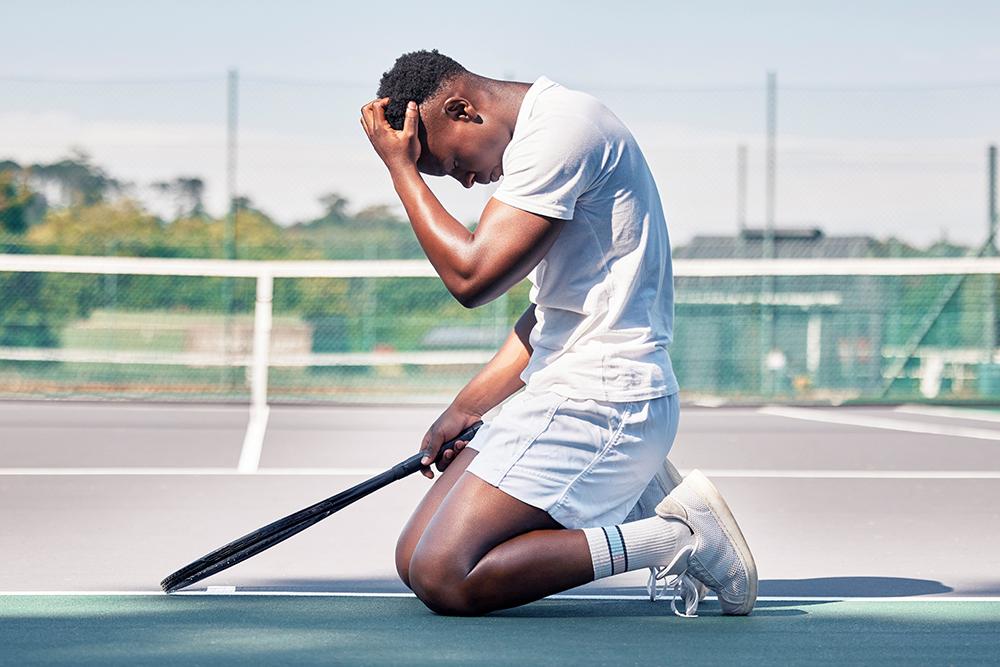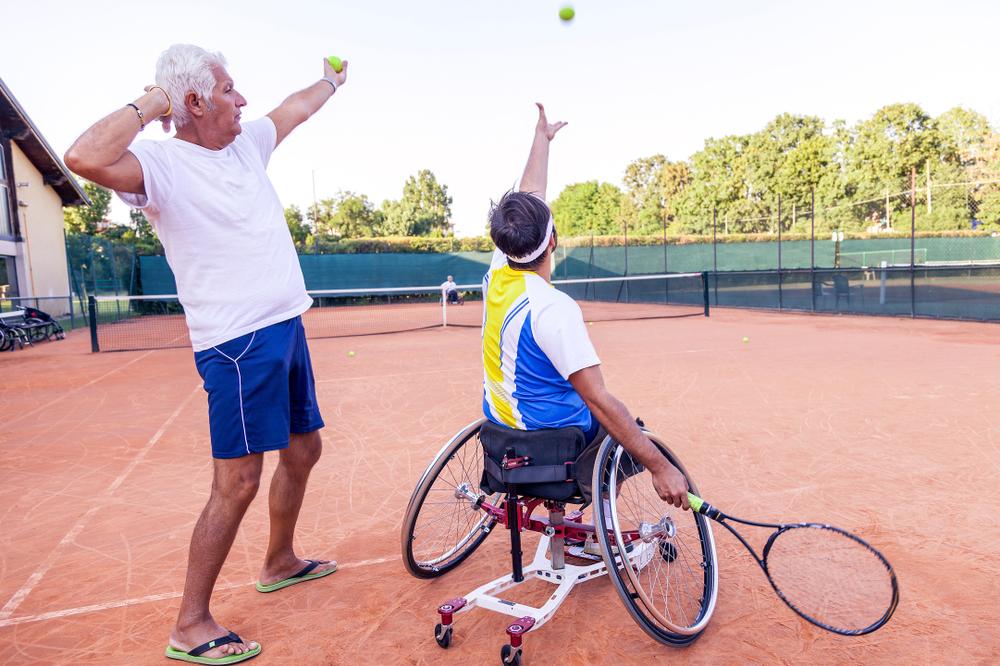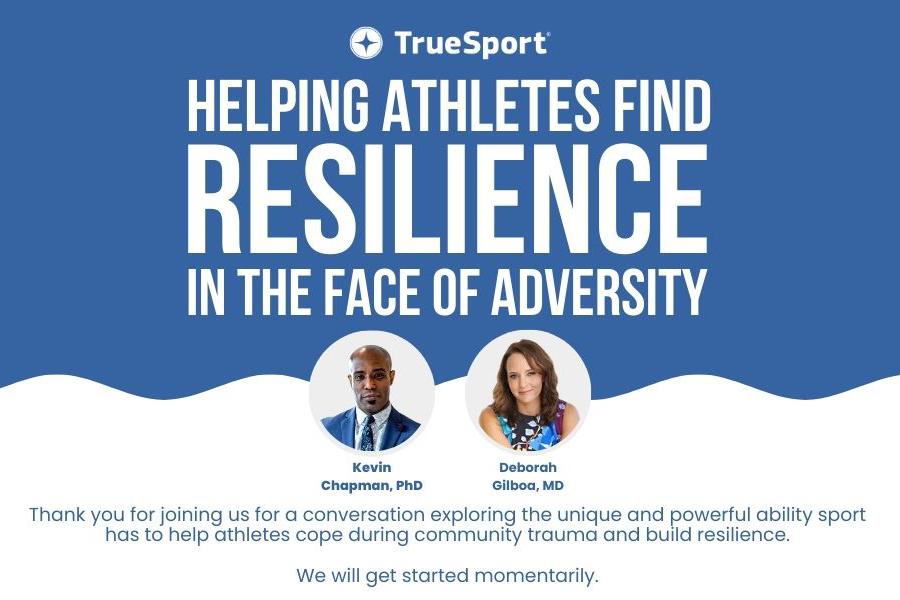 Failures are guaranteed in life and in sport, but often times, the way coaches and parents respond to failure will either crush a young athlete’s confidence or inspire them to take advantage of a valuable learning moment.
Failures are guaranteed in life and in sport, but often times, the way coaches and parents respond to failure will either crush a young athlete’s confidence or inspire them to take advantage of a valuable learning moment.
To help kids develop greater resilience, perseverance, and grit, it is important to incorporate the following practices to encourage young athletes to fail forward and use failures as a catalyst for learning and positive change.
Support an athlete’s passion
Angela Duckworth, New York Times best-selling author of Grit: The Power of Passion and Perseverance, and Christopher H. Browne Distinguished Professor of Psychology at the University of Pennsylvania, define grit as “passion and perseverance for long-term and meaningful goals.”
So, in order for your athlete to stick with a difficult activity, it has to be personally valuable. This means when your young athlete shows passion for an activity, encourage them to pursue it. If they are playing a sport they are not passionate about just to please parents, coaches, or peers, they are more likely to quit in response to minor failures.
When athletes ask Coach Bill Curry, a 4-time NFL Champion and former Head Football Coach at the University of Alabama, about whether to stick with football, he asks, “What’s in your heart?”
Grit, he also reasons, starts with passion. If a young athlete is passionate and ready to work hard, he should stick with it. In some cases, perseverance pays off. Even when it doesn’t, athletes still learn valuable lessons – about themselves, teamwork, relationships, and more.
Help athletes honor commitments
When kids struggle to learn a new sport or fail to meet expectations, they sometimes want to quit mid-season.
Coach Curry advises parents to help kids develop grit by encouraging them to finish out the season and honor the commitment they made to themselves and their teammates. “My first season of football I wanted to quit, but my father said I had to finish what I started,” he remembers. “By the end of the season, it was the relationships with my teammates that made me fall in love with football.”
Honoring commitments is an important life lesson that will benefit kids in all areas of life, and sticking it out for a season provides enough time to overcome initial hurdles to discover the aspects of a sport that do ignite an athlete’s passion.
Don’t rush to the rescue
Youth sports provide a great environment to learn how to deal with failure, but parents can hinder that process by rushing to rescue their child from adversity. It is important to help kids talk through problems and discuss potential solutions, but don’t just tell them what they should do. Let them figure it out and do the work.
Duckworth states, “A degree of autonomy during the early years is also important. Longitudinal studies tracking learners confirm that overbearing parents and teachers erode intrinsic motivation. “
She adds that “grit grows as we figure out our life philosophy, learn to dust ourselves off after rejection and disappointment, and learn to tell the difference between low-level goals that should be abandoned quickly and higher-level goals that demand more tenacity. The maturation story is that we develop the capacity for long-term passion and perseverance as we get older.”
Give Constructive Feedback
Coach Curry emphasizes that supporting a player doesn’t mean a coach or parent can’t call athletes out for failing.
“Everything starts with relationships,” Curry says. “When you have a trusting and caring relationship with a person, you can push them hard and they know it’s because you believe in them. Those players will give you all they have.”
But, he adds, “Negative responses to negative performances can crush a kid when it comes from a coach or parent who hasn’t built a strong relationship first. And those kids never forget it.”
___
Failing is part of life. It’s our job to encourage grit as a character strength in developing athletes.
Watching your young athletes fail is challenging, but stepping into your support role as coaches and parents to turn that failure into a teachable moment is the most beneficial thing you can do for your athlete.
“I’m an expert at failing. I’ve done lots of it as an athlete, a coach, and a person,” Curry summarized. “But every failure makes you better, and a big part of our jobs as coaches and parents is to help kids turn failures into successes.”
References:
Duckworth, Grit: The Power of Passion and Perseverance (New York: Scribner, 2016).




